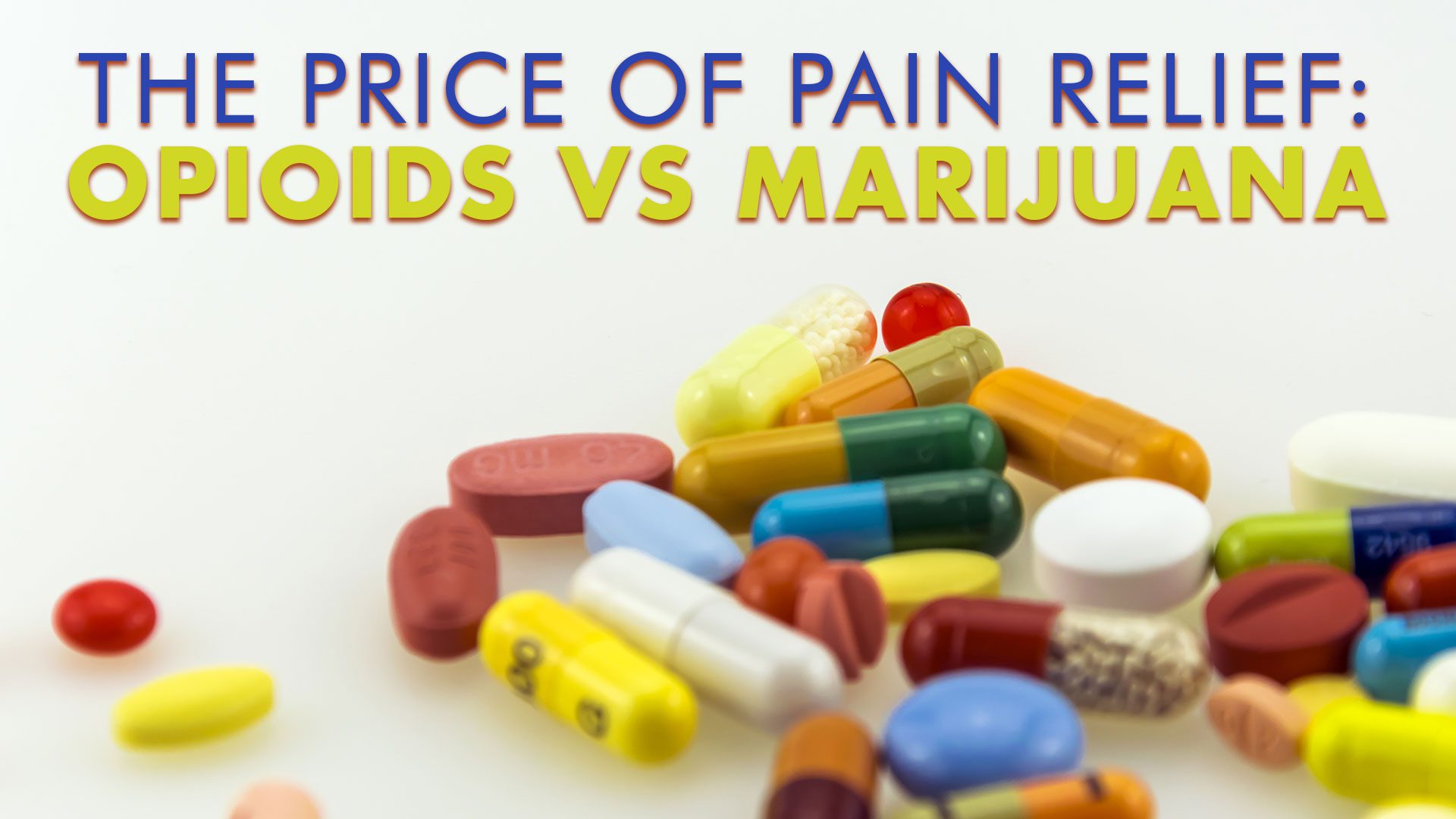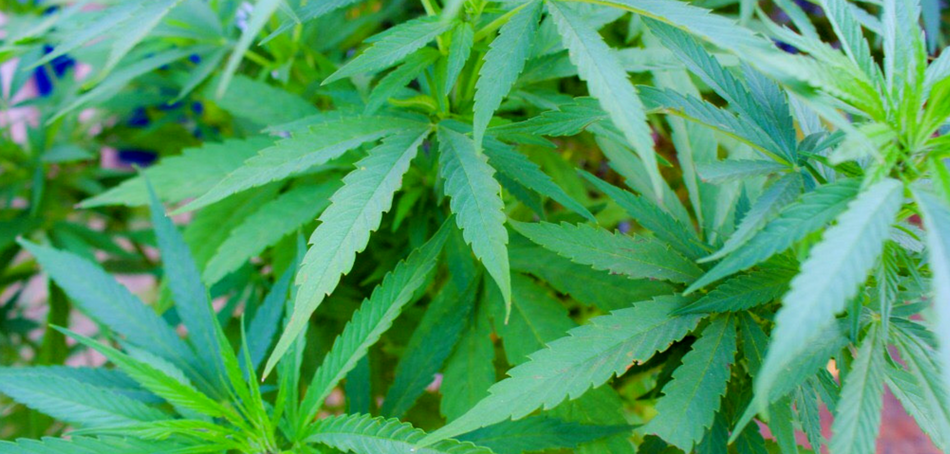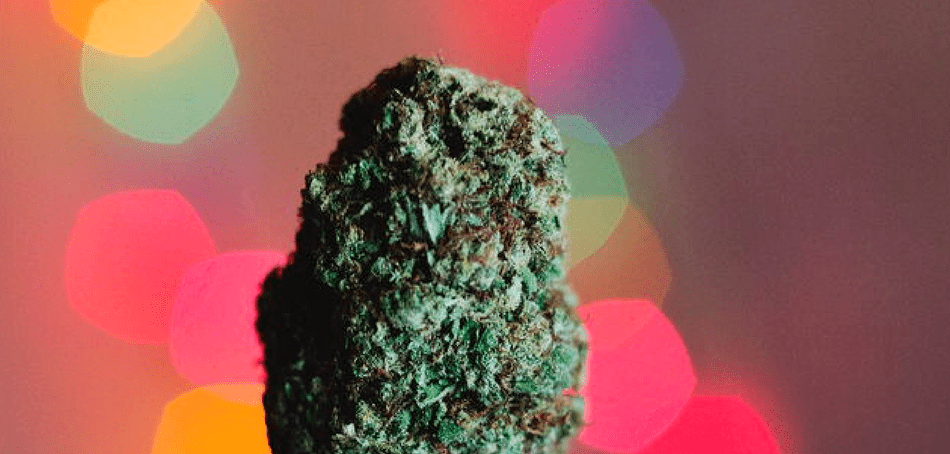
The Price of Pain Relief: Opiates VS Medical Marijuana
Here at Green Health Docs, one of our biggest goals is to provide our patients with pain relief. Many individuals we see are hoping to one day replace their opioids and pain medication entirely. Or patients are hoping to at least cut back on their usage of these powerful, and oft over-prescribed, medications. Because of the current opioid epidemic in North America, we are especially passionate about the effectiveness of marijuana in helping reduce pain.
Unfortunately, many healthcare providers and agencies have their hands tied when it comes to recommending medical cannabis to help combat this epidemic. Federal and state governments acknowledge the opioid problem, yet cannabis is still seen as a Schedule I drug. Nonetheless, the word is finally getting out about this safer, and often times more effective, pain relief tool.
Cannabis vs Opiates: The Side Effects
Cannabis and opioids are both lumped into the same category as dangerous controlled substances, but when comparing the side effects and withdrawal symptoms of the two, it’s hard to justify the placement.
Opioid side effects include:
- constipation
- drowsiness
- dizziness
- nausea
- vomiting
- respiratory depression (which can lead to death)
Cannabis side effects include:
- drowsiness
- increased appetite
- decreased reaction time
- temporary short-term memory problems
- paranoia
Consequences of Prolonged Use of Marijuana vs Opiates
People can become tolerant to both opioids and cannabis over time. As a result, they require more medication to achieve the same level of symptom relief. The danger of opioid tolerance is that at higher doses, the body becomes physically dependent on the medication.
Without a steady supply of opioids to the system, people experience horrible withdrawal symptoms that include sweating, anxiety, cramping, nausea, vomiting and tremors. Withdrawal can also cause serious complications that require medical attention. Cannabis users, on the other hand, may notice decreased appetite, some upset stomach or decreased pleasure.
Some people also can become psychologically dependent on the “high” that opioids and cannabis produce. Many of the cannabis side effects can be attenuated or avoided by combining THC with enough CBD (cannabidiol), making it even safer when used properly.
Furthermore, chronic cannabis users often do not feel impaired or high at low to medium doses, while still experiencing sufficient symptom relief. If patients eventually find themselves tolerant, they can safely take a tolerance break or use different kinds of cannabis without fear of torturous side effects.
Marijuana vs Opiates Fatality Facts

There are opioid receptors and cannabinoid receptors all over our bodies and brains. One key difference is that the cardio-respiratory centers of our brain that regulate breathing have opioid receptors, but have no cannabinoid receptors.
Barring rare medication interactions, it’s impossible to overdose and die directly due to cannabis. However, opioid users can accidentally overdose or mix medications with alcohol and other drugs. This fatally reduces their respiratory drive.
Cannabis has far fewer severe side effects, does not typically cause a physical dependence, and has no lethal dose yet it is still labeled as a Schedule I drug – which makes it more dangerous than opioids. There are multiple factors that led to this, but they are all traced back to money and politics during the 20th century and not medicinal facts. The history of cannabis is a separate topic entirely, though.
Weighing the Pros and Cons
Many patients seeking pain relief have to make contracts with pain management clinics. In these contracts, they typically have to agree to regular drug testing and use the medication dispensed. This helps providers know they aren’t diverting any medication to the street. At higher doses, patients are often given Narcan pens, a rescue medication to be used in the event of an opioid overdose.
High dose prescriptions are even more terrifying for patients because breaking the contract means the provider must cease prescribing. In the early days of opioid prescription, patients would often times be left in the dark about the possibility of withdrawal effects. Some patients feel stigmatized or are treated like drug-seekers who just want to get high, and not as patients with legitimate pain.
Majority of pain management clinics and opioid prescribers are not the evil, profit-seeking minions of pharmaceutical companies that some people may try to paint them. Things are not always so black and white, and opioids have their place in modern medicine.
They are especially useful after surgery or in the event of severe trauma for keeping patients comfortable. For a long time, opioids have simply been the only last-ditch option available for pain relief. Some of our patients are content taking low doses of Percocet or Vicodin in conjunction with cannabis to fully treat their pain, and have no intention of stopping their opioid use.

What About Combined Cannabinoid-Opioid Treatments?
The facts are that around 2 million people are addicted to opioids. 75% of abusers were originally prescribed opioids for legitimate pain relief but became dependent and addicted. Society has a responsibility to try safer alternatives like cannabis before prescribing high-dose opioids.
Cannabis not only relieves pain, it synergizes with opioid receptors, allowing patients to experience greater relief at lower opioid doses. Marijuana strains with a high CBD:THC ratio are reported to be highly effective in helping ease pain. Many of our patients also report that cannabis relieves their withdrawal symptoms when slowly weaning themselves off opioids. As more medical cannabis legislation is passed to legalize it, America can wean itself from excessive opioid use and overcome this epidemic.
Green Health Docs provides guidance on the best strains for your conditions and on how to treat chronic pain. If you have questions about getting legal access to medical marijuana in Maryland or Missouri, we can help! Even better, we also offer online evaluations to our Missouri patients! Give our support team a call at 1-877-242-0342 and get started today. Or be sure to check out our handy resources page.

